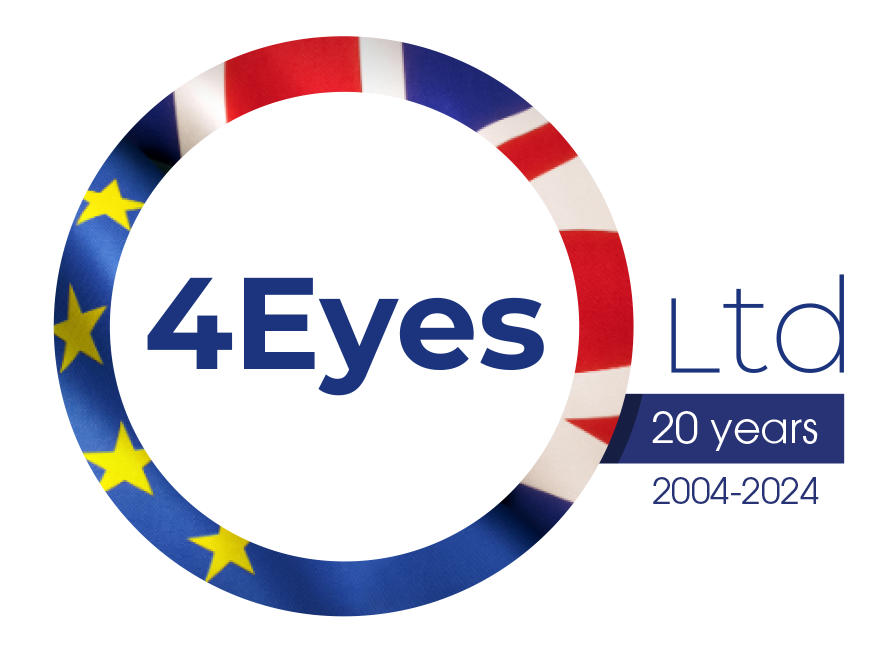When Must You Self-Charge VAT?
Understanding Reverse Charge and Self-Supply Mechanisms
While VAT is typically charged by the supplier, there are situations where you, the customer, must account for VAT instead. These mechanisms — known as the reverse charge and self-supply — help HMRC combat tax avoidance, fraud, and lost revenue.
🔄 What Is the Reverse Charge?
Under the reverse charge, the customer accounts for both output VAT and input VAT on their VAT return. This ensures that cross-border or high-risk domestic transactions are fully reported.
Common situations include:
Purchases of services from overseas (e.g. professional, digital, legal, or IP-related services).
Domestic construction services under the Domestic Reverse Charge (DRC).
Certain high-value goods such as mobile phones and computer chips (over £5,000 in value).
🧾 How It Works in Practice
Suppliers issue an invoice with 0% VAT and a note stating the reverse charge applies.
Customers must declare output VAT (as if they charged it), and may reclaim it as input VAT if fully taxable.
The supply value is included in both the output and input VAT boxes of the return.
🏗 Domestic Reverse Charge in the Construction Industry
The DRC applies to:
Building and civil engineering
Demolition and installation
Repairs, alterations, and hire of plant and equipment
It affects VAT-registered businesses within the construction supply chain — but not end users or non-VAT registered customers, who are excluded from the rule.
🌍 Post-Brexit: VAT on International Goods
Since Brexit, the reverse charge no longer applies to goods from the EU. Instead:
Businesses pay import VAT on goods from all non-UK countries.
Postponed VAT Accounting (PVA) allows VAT to be declared and reclaimed on the same return, improving cash flow.
Stay Compliant with Confidence
Understanding reverse charge and self-supply rules is vital to ensure VAT compliance — especially when dealing with overseas suppliers, construction services, or high-risk goods.
At 4 Eyes Ltd, we provide tailored advice to help businesses apply VAT correctly, avoid errors, and streamline their VAT returns.
📞 Contact us today for guidance on reverse charge rules in your sector.
